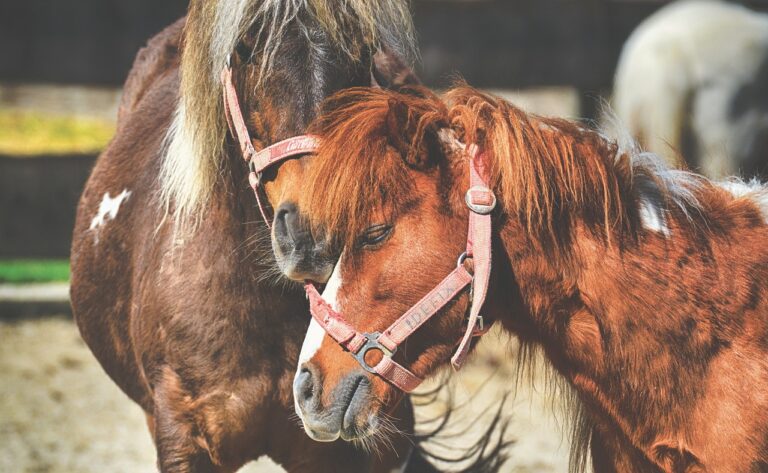Review: Best Practices for Music Festival Accessibility and Inclusion
world7, mahadev book login, silverexch:Music festivals are a beloved tradition where people come together to celebrate music, art, and culture. However, for individuals with disabilities, attending these events can be challenging due to lack of accessibility and inclusion. In this article, we will discuss the best practices for music festival accessibility and inclusion, ensuring that everyone can enjoy these events to the fullest.
Creating an inclusive environment at music festivals is essential to ensure that all attendees, regardless of their abilities, can participate and have a positive experience. By implementing these best practices, festival organizers can make a significant impact on the accessibility of their events.
1. Provide Accessible Parking and Transportation
One of the first steps in creating an accessible music festival is to provide accessible parking and transportation options for attendees with disabilities. This includes designating parking spaces close to the festival entrance for individuals with mobility impairments and providing accessible shuttle services from parking areas to the festival grounds.
2. Offer Accessible Facilities
It is essential to ensure that all festival facilities, including stages, restrooms, and concession stands, are accessible to individuals with disabilities. This includes providing ramps, elevators, and designated accessible seating areas to accommodate individuals with mobility impairments. Additionally, festival organizers should ensure that all staff members are trained to assist attendees with disabilities and are knowledgeable about accessible facilities.
3. Provide Sign Language Interpreters and Assistive Listening Devices
For individuals who are deaf or hard of hearing, it is crucial to provide sign language interpreters and assistive listening devices at music festivals. This ensures that these individuals can fully participate in festival activities and enjoy performances without barriers to communication.
4. Offer Sensory-Friendly Spaces
Many individuals with sensory processing disorders or autism may be sensitive to loud noises, bright lights, or crowds. To accommodate these individuals, festival organizers should consider offering sensory-friendly spaces where attendees can take a break from the noise and crowds. These spaces should be quiet, dimly lit, and equipped with sensory-friendly tools and resources.
5. Implement Clear Communication Strategies
Clear communication is essential for individuals with disabilities to navigate festival grounds and access festival information. Festival organizers should provide information in multiple formats, including braille, large print, and digital formats, to accommodate individuals with visual impairments. Additionally, organizers should ensure that all festival announcements are accessible to individuals with hearing impairments through visual aids or captioning.
6. Promote Inclusivity and Diversity
In addition to providing physical accessibility, festival organizers should promote inclusivity and diversity in their programming and marketing efforts. This includes featuring artists with disabilities, promoting diversity in festival lineups, and celebrating the contributions of individuals with disabilities to the music industry.
FAQs:
Q: How can individuals with disabilities request accommodations at music festivals?
A: Individuals with disabilities should contact festival organizers in advance to request accommodations and inquire about accessibility options available at the event.
Q: Are service animals allowed at music festivals?
A: Yes, service animals are typically allowed at music festivals to assist individuals with disabilities. Festival organizers should provide designated relief areas and water stations for service animals.
Q: What resources are available for individuals with disabilities attending music festivals?
A: Festival organizers often provide accessibility guides and resources on their websites, including information on accessible facilities, transportation options, and accommodations available to attendees with disabilities.
In conclusion, implementing best practices for music festival accessibility and inclusion is essential to ensure that individuals with disabilities can fully participate and enjoy these events. By providing accessible facilities, accommodations, and programming, festival organizers can create a more inclusive environment for all attendees. Let’s work together to make music festivals accessible to everyone.







